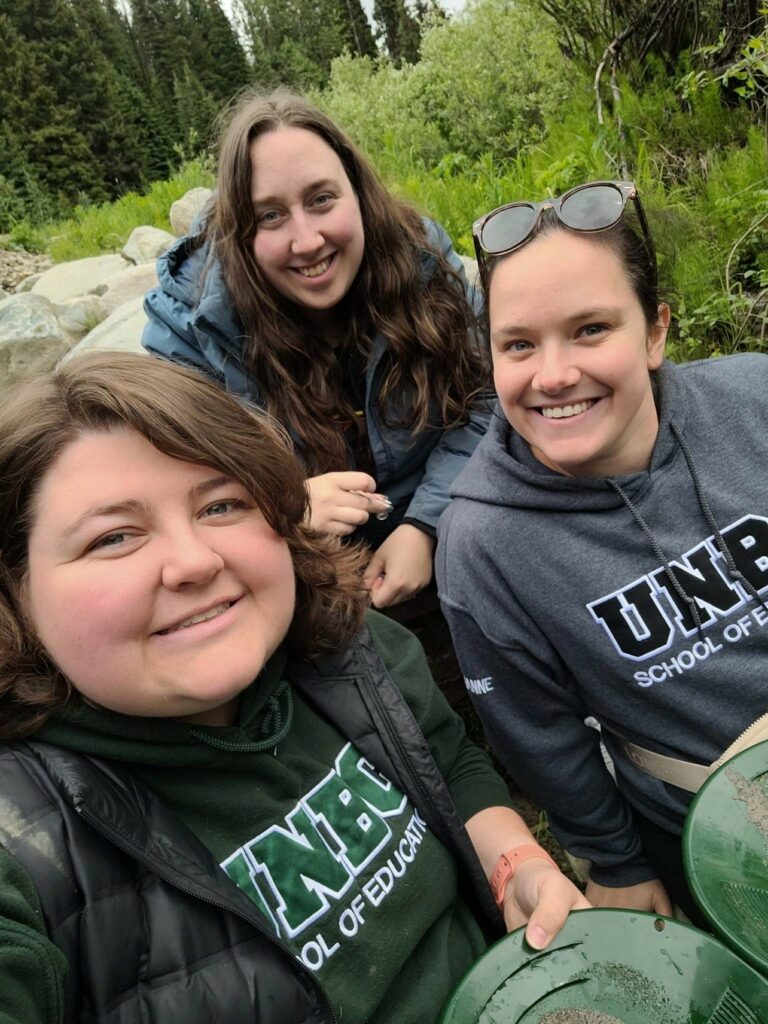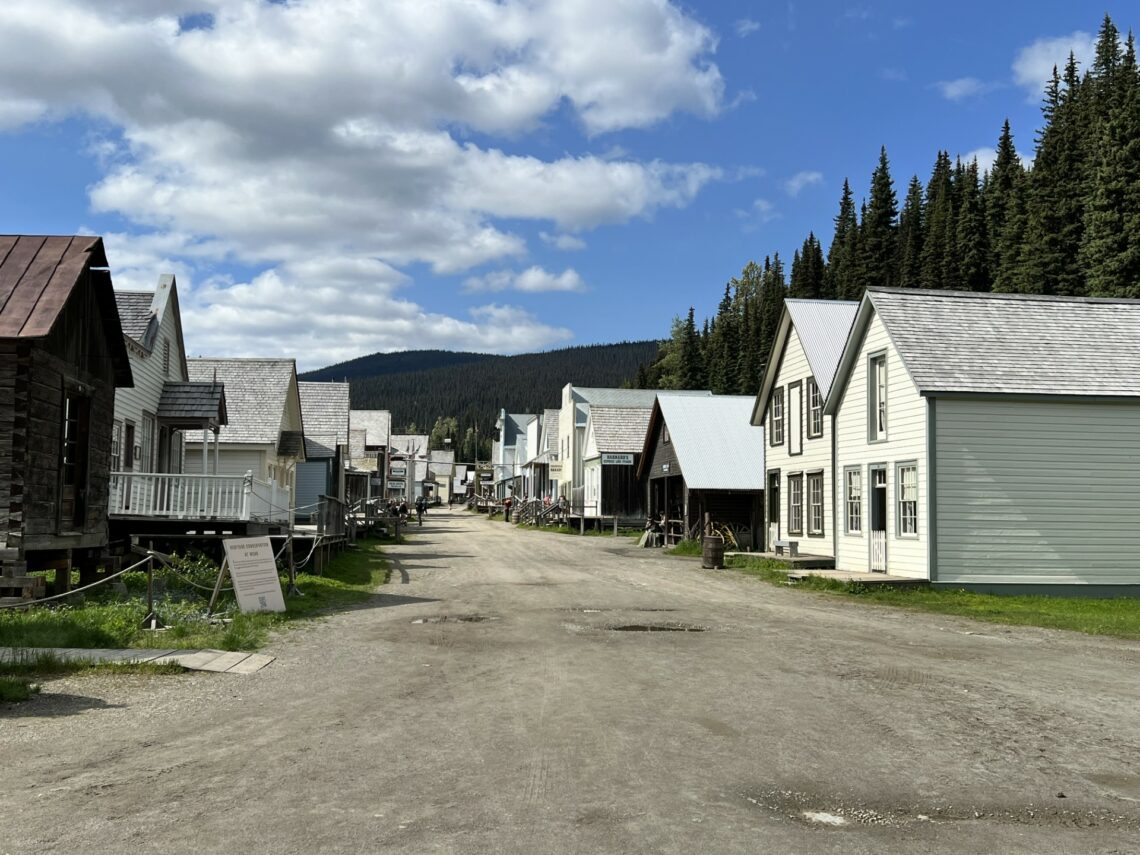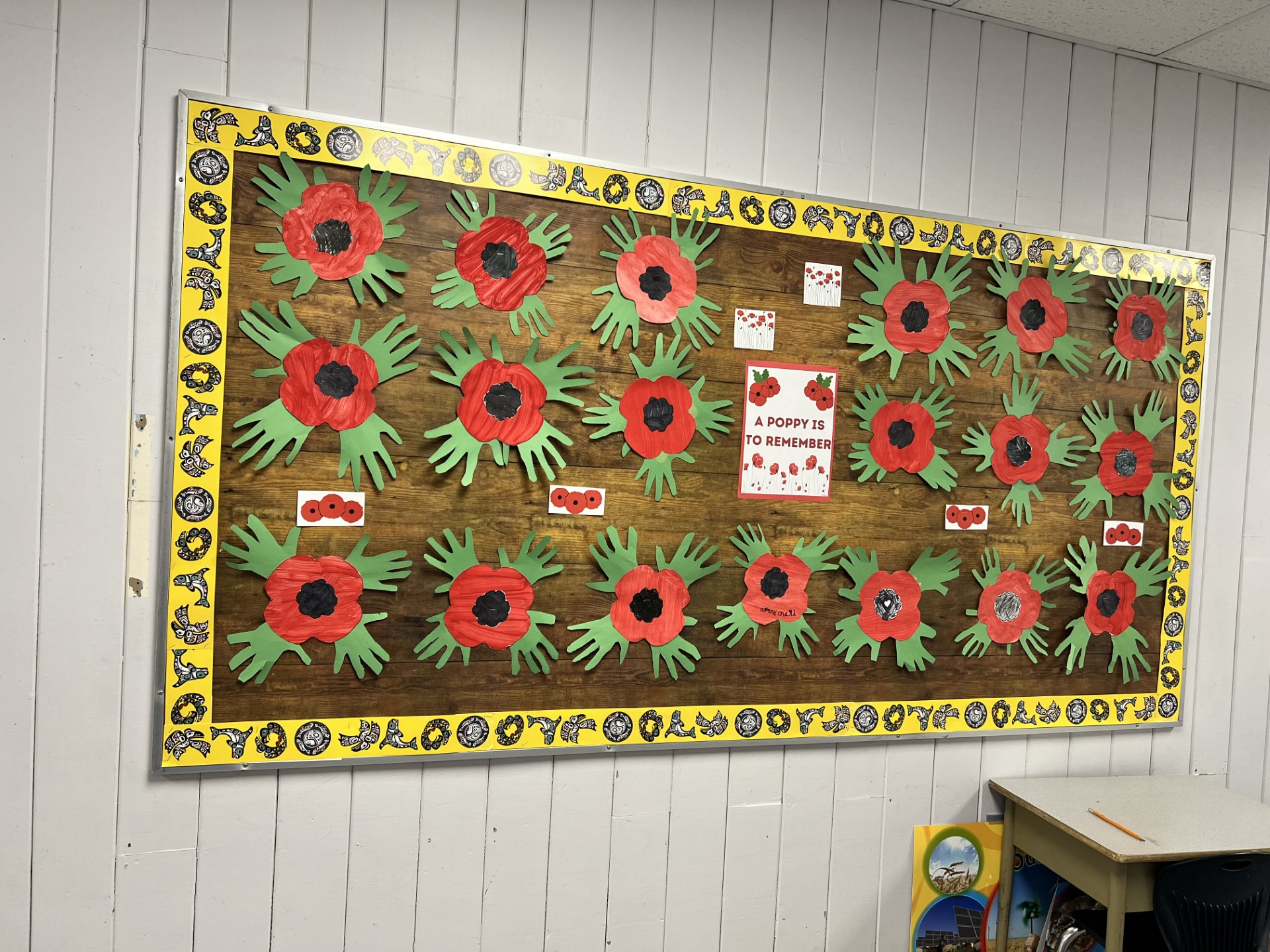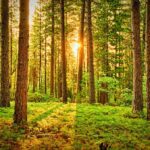At the end of June, the entire education cohort got the opportunity to participate in an overnight place-based learning experience in Barkerville. We visited many locations in and around Barkerville during our short trip including Blessing’s Grave, the Stanley Cemetery, Wells, and the town of Barkerville itself. We participated in many different activities as a cohort along the way including creating a lesson plan at Blessing’s grave site, an “art start” at the Stanley Cemetery, gold panning along the river in Stanley, going on a nature walk and creating nature mandalas in Wells, completing a sound walk and narrative fossicking in Barkerville, and participating in as many of the programmed activities that Barkerville had to offer on Day 2 as you wanted to. The small group of people that I was with in Barkerville wanted to partake in as many activities as we could which included a guided town tour, a Victorian school lesson, a reading of a court case from Barkerville’s time, going to the show in the theatre, and more.
This trip taught me so much about People, Place, and Land and how to authentically embed these practices in my future classroom. Part of my teaching pedagogy has always been to ensure I am being as authentic as possible when I am including Indigenous Ways of Knowing and Being, People, Place, and Land, different cultures and cultural practices, etc. in my classroom and lessons. This excursion taught me that it is not enough to just take your students on field trips to significant locations- through lesson planning we as teachers need to find ways for students to connect their body, mind, and soul to the spaces and places we are visiting. Also, during this trip we learned about framing learning outside as place-responsive which means looking at human’s relationship with land as a two-way one and not just humans taking what we need from the land to meet our needs and purposes. This idea of place-responsiveness is about recognizing there can be a spiritual connection with the world around us that involves more than the human world and that humans and the land can work together to achieve a relationship that is mutually beneficial for both parties. In the time that we are currently living in where Truth and Reconciliation, climate change, and natural disasters are prevalent issues, it is more important than ever to teach our students these lessons regarding land and place. Because of the activities we participated in during this Barkerville trip, I now feel like I have the knowledge needed to make this a reality in my future classroom and I could not be happier about this.








